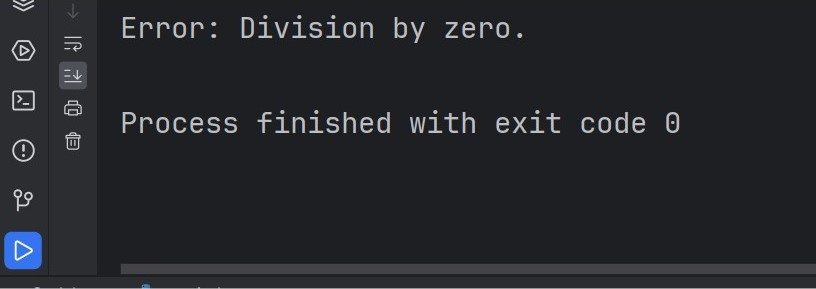In this Python Tutorial we want to talk about Exception Handling in Python, Python is one of the best and popular programming language and it is used for developing software applications. we have a key feature in Python and that is exception handling, so exception handling allows developers to manage errors and other exceptions that will arise during exaction of a program, in this article we want to talk about this concept.
What are Exceptions ?
So exception is an error that occurs during execution of a program. exceptions can be caused by different factors, for example if we have incorrect user input, faulty code logic or unexpected system behavior. when an exception occurs, Python raises an exception object and it will contains information about the error, such as type and the location where the error is occurred.
Exception Handling in Python
Python provides different exception handling mechanism and it allows developers to catch and handle exceptions in structured and controlled manner. this is the basic syntax for exception handling in Python:
|
1 2 3 4 |
try: # code that may raise an exception except <ExceptionType>: # code to handle the exception |
In the above syntax try block contains the code that may raise an exception. if an exception occurs in try block, Python will skip the remaining statements in that block and jumps directly to the except block.
except block contains the code that will handle the exception. also ExceptionType is the type of an exception that the block will handle.
For example we have a function that divides two numbers and returns the result. if the second number is zero, ZeroDivisionError will occur. you can catch this exception and handle it in your code like this:
|
1 2 3 4 5 6 7 8 9 10 |
def divide_numbers(a, b): try: result = a / b except ZeroDivisionError: print("Error: Division by zero.") result = None return result divide_numbers(5,0) |
In the above example if b parameter is zero, except block will be executed, and the function will return None. Otherwise the result of the division will be returned.
This will be the result

Multiple Exception Handling in Python
Python also allows you to handle multiple types of exceptions with single except block. you can specify multiple exception types and you can separate that by commas like this:
|
1 2 3 4 |
try: # code that may raise an exception except (ExceptionType1, ExceptionType2,): # code to handle the exception |
So in addition to catching exceptions, you can also manually raise exceptions in your code you can use raise keyword. this is useful when you want to signal an error condition in your code explicitly. for raising an exception, you can simply use raise keyword followed by the exception type and an optional error message like this.
|
1 |
raise ExceptionType("Error message") |
Subscribe and Get Free Video Courses & Articles in your Email